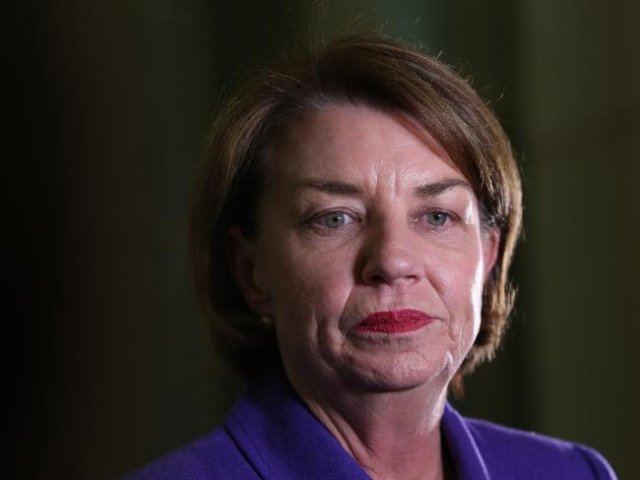
What is it with ex-state premiers and the finance industry?
First, Anna Bligh took on the leadership of the Australian Bankers Association (ABA), then Mike Baird moved to NAB in a senior executive role, and now Nathan Rees has become the national assistant secretary of the Finance Sector Union.
The bank levy, announced in the federal budget last month, is certainly a small victory for our side. It is a levy of 0.06% of licenced entity liabilities, which will make the four big banks pay a total of $6.2 billion over four years.
However, there are a few contradictions in the bank levy that we need to get our heads around.
$6.2 billion over four years may sound a lot, but since the banks made a combined profit of $30 billion last year, we could expect their combined profits to be $120 billion over four years, making the $6.2 billion bank levy over four years sound rather more modest. Further, the bank levy will be able to be deducted as a pre-tax expense, making it even easier for the banks.
We should also note that it was not a Labor government that introduced this bank levy, but the Coalition government which has recently been lagging in the polls. The bank levy is a populist policy, a vastly inadequate tax that seeks to capitalise on the public’s growing resentment against the major banks.
The bank levy also serves as the government’s answer to the continuing calls by Labor and the Greens for a royal commission into banking. From the banks’ perspective, a bank levy is less onerous than a royal commission because it can be passed on to customers and workers. A royal commission, on the other hand, could lead to unpredictable results that banks and their CEOs simply cannot afford to take.
What is more concerning is the response of the banks and their apologists: if they react this way to such a tiny tax on them, imagine if we tried to do something even more radical?
On the night of the budget announcement, Bligh, as head of the ABA, attacked the bank levy. The major banks issued press releases the following day, warning that the bank tax would hit customers, workers and shareholders.
According to the Finance Sector Union, within 10 days of the bank levy announcement, Westpac announced it would sack 53 IT workers and close three branches. At the time of writing, the FSU hasn’t made an official statement about its position on the bank levy, but Rees has warned of the impact on jobs and wages in the bank industry as a result of the bank levy.
The bank levy will certainly be used by the banks as an opportunity to sack bank workers, close branches, outsource jobs overseas and negotiate harsher enterprise agreements.
Reconciling the fact that the bank levy is a good thing for workers as a whole, but will also mean an attack on bank workers is the challenge. The solution is to ensure that the banks do not pass on the bank levy to bank workers. This will need solid resistance on the part of bank workers, in which the FSU will have to play a critical role.
At the same time, workers need to look beyond this small victory and start to plan and organise towards the strategic goal of the nationalisation of the banking industry and ultimately, the replacement of capitalism — the system which assists the banks in making and keeping megaprofits. This will have to include putting a halt to the revolving door between former MPs and banksing CEOs.
Green Left Weekly is key to this strategy. You can help us to help the struggle by making a contribution to our fighting fund. You can donate online here. Direct deposits can also be made to Green Left, Bendigo Bank, BSB: 633-000 Account number: 160058699. Otherwise, you can send a cheque or money order to PO Box 394, Broadway NSW 2007 or donate on 1800 634 206 (free call from anywhere in Australia).
Like the article? Subscribe to Green Left now! You can also like us on Facebook and follow us on Twitter.